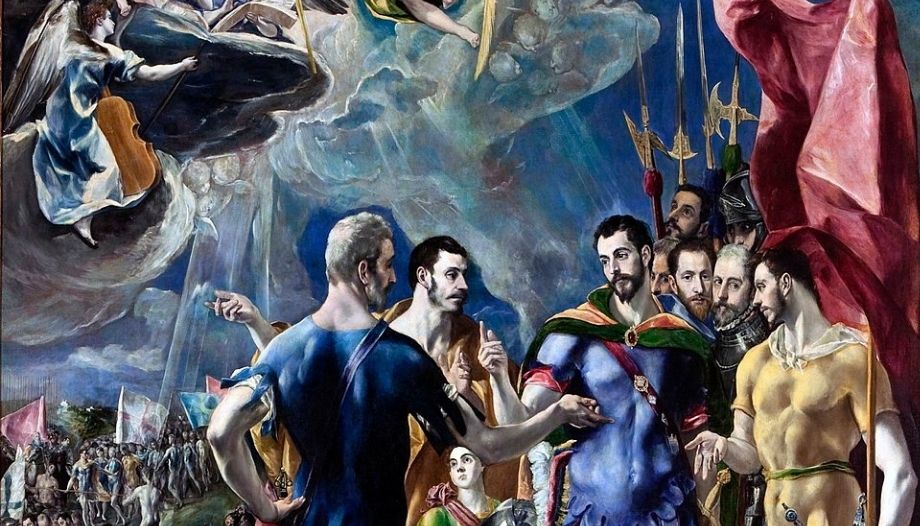The Church commemorates today the Christian soldiers who, coming from Thebes (Egypt), were called to fight with the Theban Legion, or Theban, and ordered to make a sacrifice to the gods. They refused and, in the times of the emperors Diocletian and Maximian, were martyred. The oldest documentary evidence is a letter of St. Eucherius, bishop of Lyon, to Salvius, about 150 years after the events.
The Roman Martyrology wrote: "In Agauno (today Saint Maurice d'Agaune), in the region of Valais, in the country of the Helvetii. Holy martyrs Maurice, Exuperius, Candide, who being soldiers, according to St. Eucherius of Lyon, were sacrificed for their faith in Christ, in the time of Emperor Maximian (c. 302)". Saint Basil and Saint Emerita, Roman martyrs, are also remembered today.
On the other hand, on this date the liturgy remembers the so-called "martyrs of Valencia" and the "martyrs of Granada," victims of the persecution religious of the 20th century in Spain. Those of Valencia are headed by Blessed José Aparicio Sanz, and there are 233 of them, beatified in March 2001 by St. John Paul II in Rome. They were priests, religious and lay people, young and old. On the other hand, in 2007, Benedict XVI beatified also in Rome to 498 martyrs of the twentieth century.
Yesterday, St. Matthew, Apostle and Evangelist
Localities such as Logroño, Oviedo or Salerno (Italy), celebrated yesterday, September 21, St. Matthew, apostle and evangelist. Matthew was a tax collector in Capernaum, recalls the vatican saints' calendar. One day, as he was sitting at his place of work, he heard a different voice. Jesus said to him, "Follow me". He got up and followed him (Matthew 9:9-13). St. Matthew's life was never the same as before.
In addition to the Gospel, St. Matthew is also mentioned in the Acts of the Apostles. The proclamation of the Good News of Christ constituted his mission. His relics are in the crypt of the cathedral of Salerno (Italy), where he is celebrated on September 21 with a solemn procession.
St. Matthew wrote the Gospel that bears his name with Christians of Jewish origin in mind, according to Vatican News. In the text he emphasizes that Jesus is the Messiah who fulfills the promises of the Old Testament.







